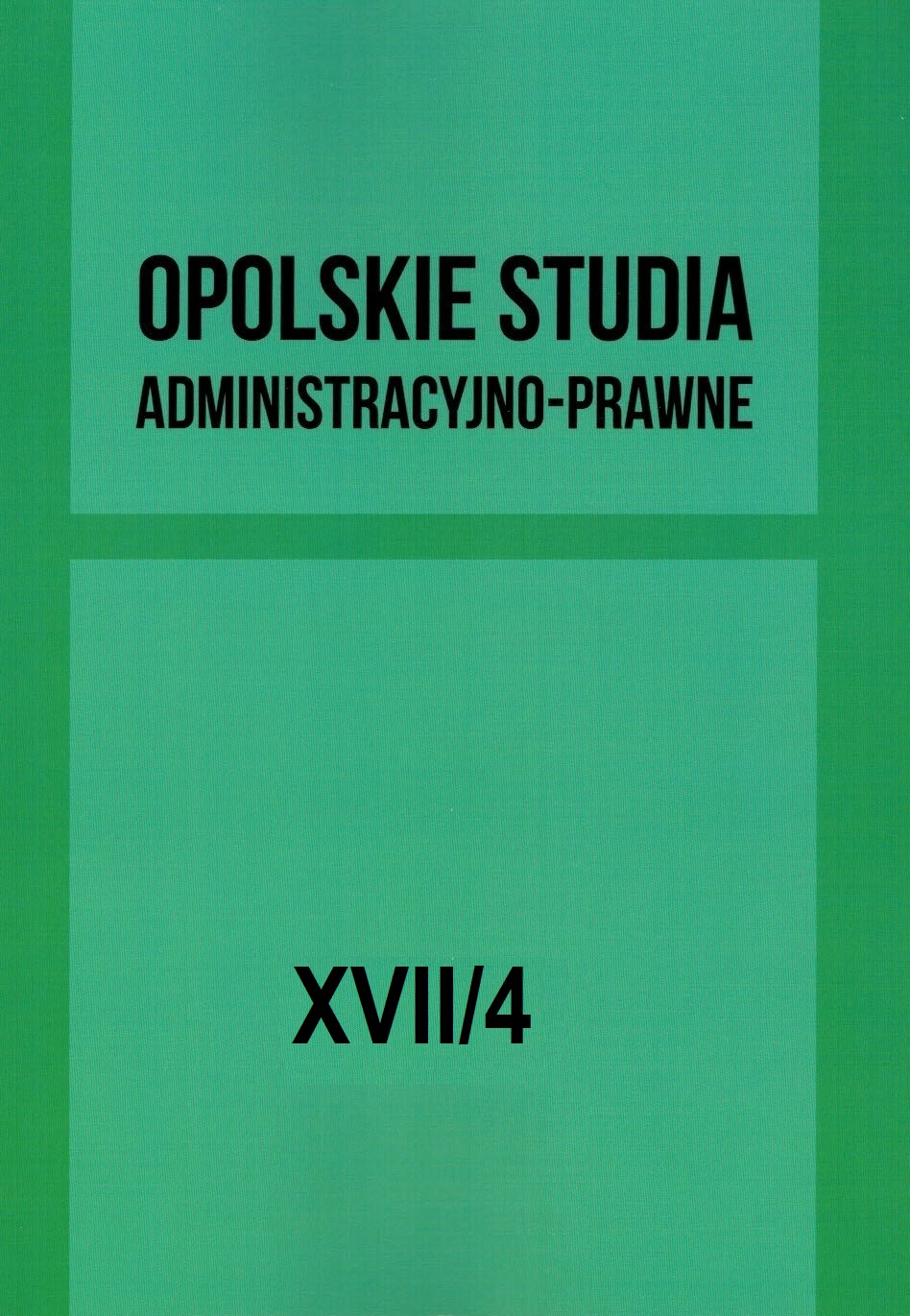The European Union’s instruments on fighting illegal logging – selected legal issues
Instrumenty Unii Europejskiej mające na celu przeciwdziałanie handlowi nielegalnie pozyskanym drewnem – wybrane aspekty prawne
Author(s): Adriana Kalicka-MikołajczykSubject(s): EU-Legislation
Published by: Uniwersytet Opolski
Keywords: deforestation; forest certification; illegal logging; international forest politics; sustainable forest management; tropical timber trade
Summary/Abstract: Illegal logging is a significant problem of major international community concern because it has a devastating impact on some of the world’s most valuable remaining forests and contributes to tropical deforestation and forest degradation. Furthermore, it threatens biodiversity and undermines sustainable forest management, having a negative impact on poverty reduction, sustainable and inclusive economic growth and development. The article presents instruments adopted by the EU in order to combat illegal timber logging. The author describes their material scope and legal character, dividing them into two groups: internal and international legally binding instruments and soft law instruments, in order to answer the question about their legal character and position in the EU legal order and in national orders of the Member States. Streszczenie: Nielegalne pozyskiwanie drewna oznacza, iż jego pozyskanie nastąpiło z naruszeniem przepisów kraju pozyskania. Jest to problem o charakterze globalnym, wywołujący poważne i negatywne skutki nie tylko o charakterze środowiskowym, ale również gospodarczym i społecznym. Niniejszy artykuł prezentuje instrumenty Unii Europejskiej mające na celu przeciwdziałanie handlowi nielegalnie pozyskanym drewnem na rynku Unii Europejskiej. Instrumenty te podzielone zostały na dwie grupy: wewnętrze i międzynarodowe. Następnie została dokonana analiza ich zakresu materialnego, ale również podjęto próbę odpowiedzi na pytanie, jaki jest ich charakter prawny, zarówno w prawie Unii Europejskiej, jak i w systemach krajowych państw członkowskich. Innymi słowy, czy mogą one efektywnie przyczynić się do przeciwdziałania handlowi nielegalnie pozyskanym drewnem na unijnym rynku wewnętrznym.
Journal: Opolskie Studia Administracyjno-Prawne
- Issue Year: XVII/2019
- Issue No: 4
- Page Range: 53-68
- Page Count: 16
- Language: English

